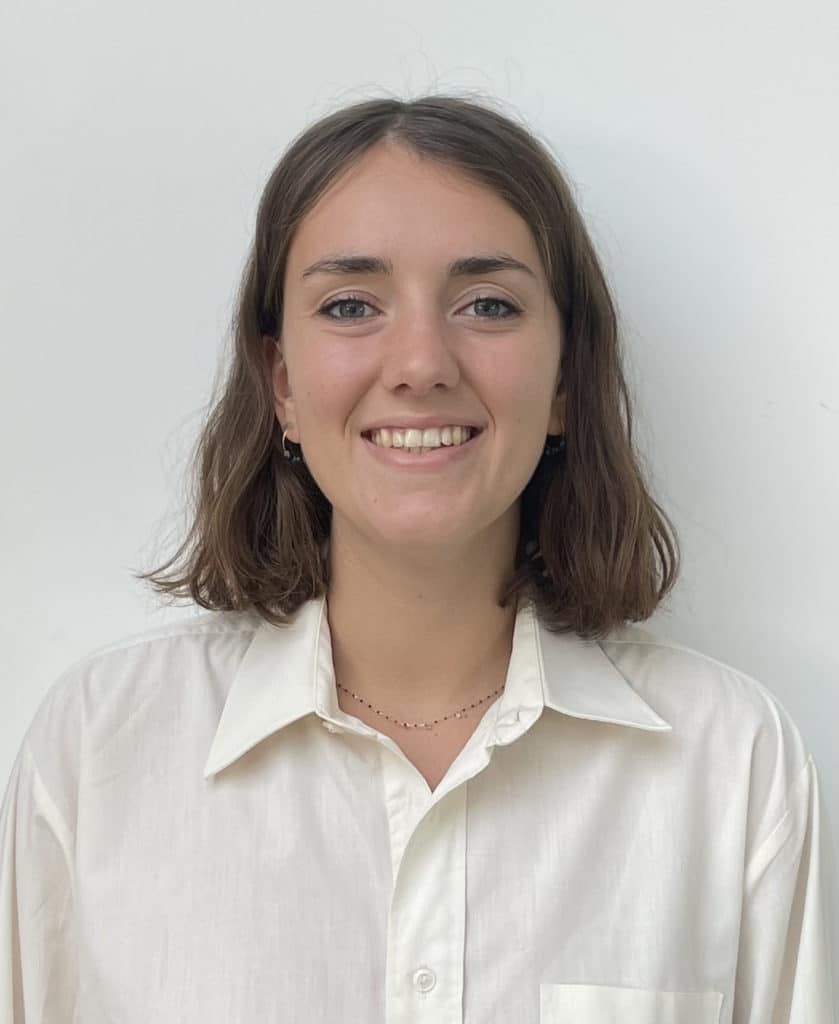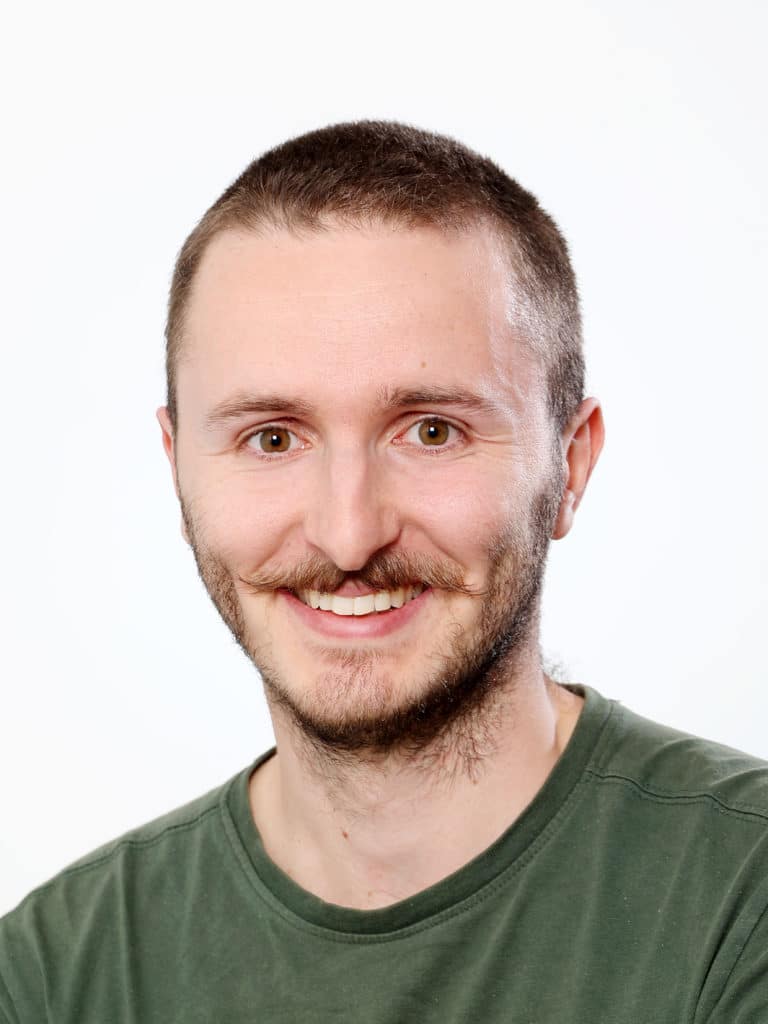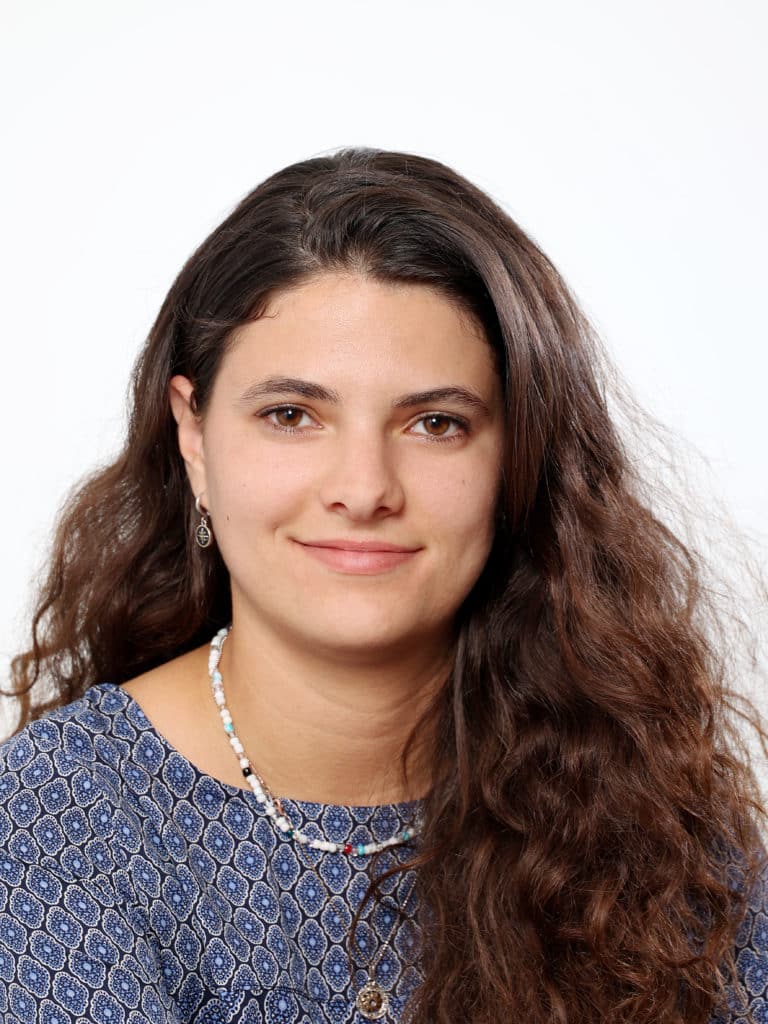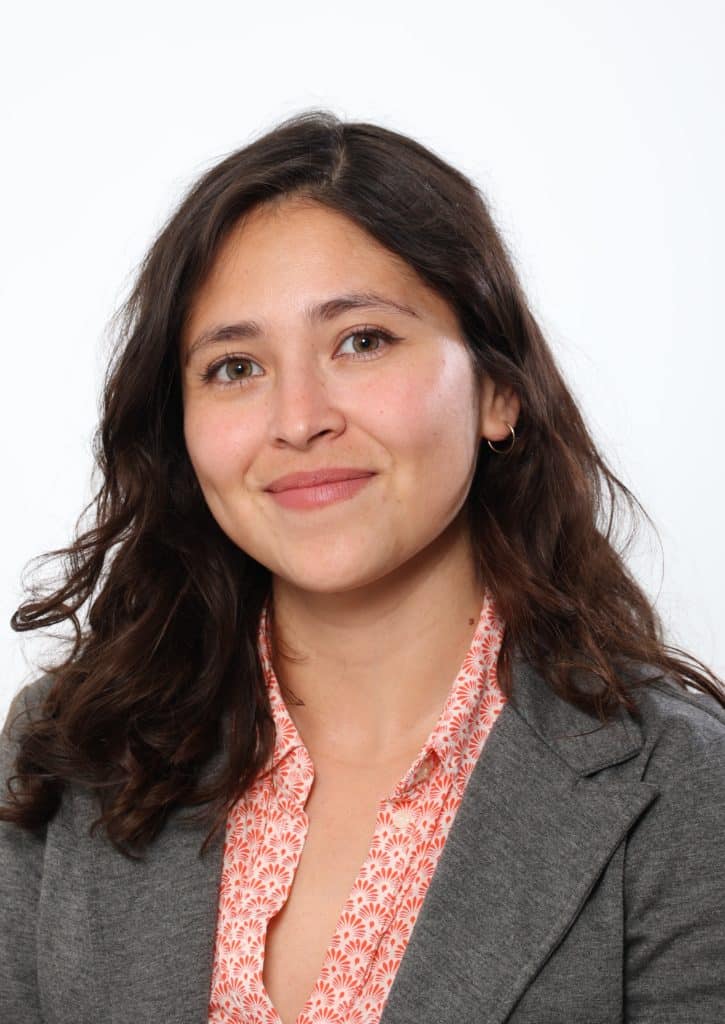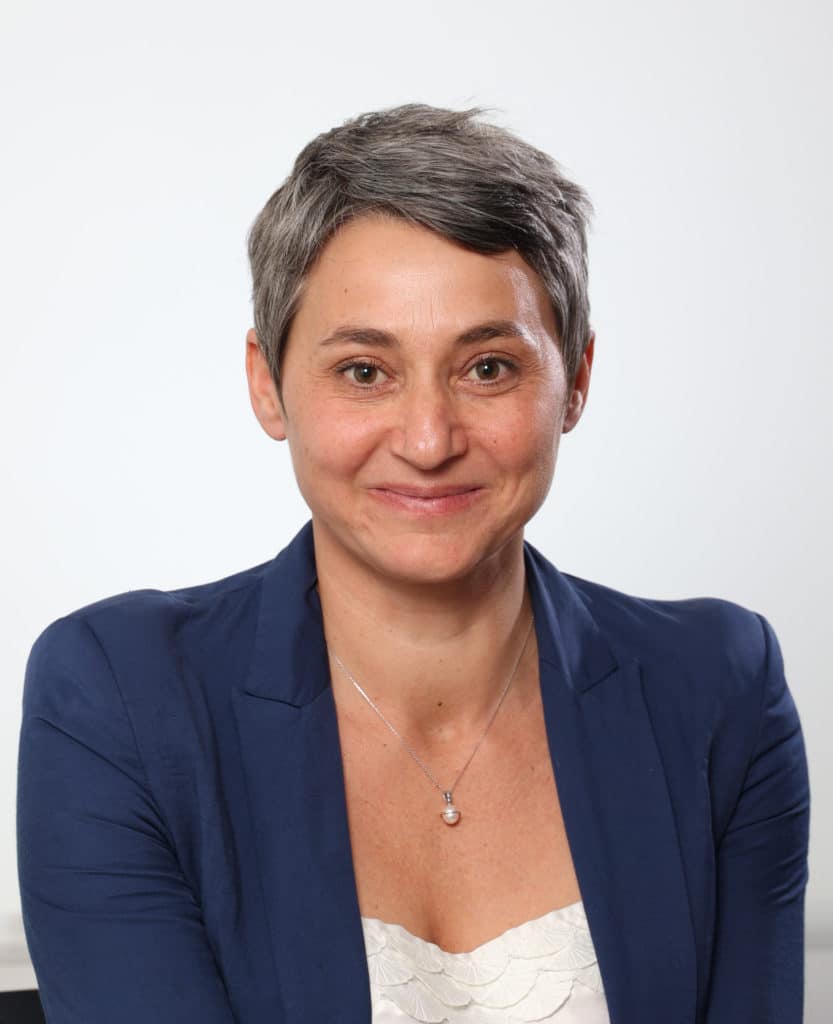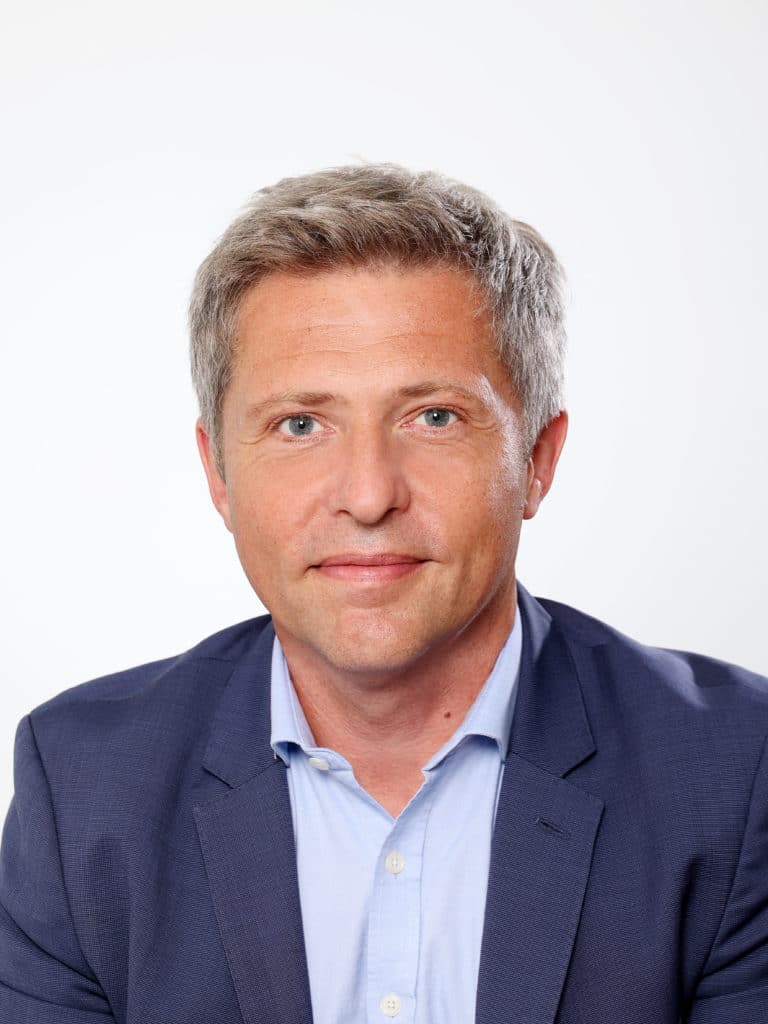MOOC
MOOC – Villes et Territoires durables : outils et méthodes pour passer à l’action
- Créativité
- Inclusion
- Résilience
- Sobriété
- Planification
- Aménagement
- Suivi de performance / Labels, normes et certificats
- Budgets carbone / Transition
- Éducation et formation
Après un premier MOOC de sensibilisation aux notions de la ville et des territoires durables, l’Agence de la transition écologique (ADEME) et le Centre national de la fonction publique territoriale (CNFPT) lancent ce mooc gratuit à destination de l’ensemble des acteurs de la ville durable et de l’urbanisme.
📣Nouvelles dates !!
La session 4 de ce MOOC se déroulera sur 4 semaines du 1 septembre au 30 novembre 2024
Le programme
Le MOOC traite 4 grandes thématiques en lien avec les piliers la ville et territoires durables : la sobriété, la résilience, l’inclusion et la santé et la créativité.
Chaque partie présente des activités variées et dynamiques (clips animés, vidéos, activités et quiz) libres d’accès et facilement mobilisables sur les projets d’aménagement.
Semaine 1 : Introduction du sujet des villes et des territoires durables ainsi que du contexte réglementaire.
Comprendre le contexte réglementaire et juridique actualisé, ainsi que les enjeux autour des villes et territoires durables et le rôle essentiel des documents de planification urbaine comme leviers pour aller vers des territoires plus durables.
Semaine 2 : La sobriété.
Comprendre la dynamique engagée par les acteurs pour concevoir des projets d’aménagement plus sobres, ainsi que les outils facilement mobilisables pour tendre vers des nouvelles pratiques de modération et de mesure sur son territoire.
Semaine 3 : La résilience, l’inclusion et la santé.
S’inscrire dans une démarche de résilience et se familiariser avec l’existence de nombreuses méthodes et outils pour agir en ce sens. Apprendre à penser la ville et les territoires pour tous et par tous pour réussir ses projets d’aménagement.
Semaine 4 : La créativité.
Appréhender le rôle d’une collectivité dans le pilotage d’un projet numérique sobre sur son territoire. Mais aussi comment agir plus efficacement pour financer et fournir de nouveaux services urbains ou encore comment utiliser les données publiques ouvertes pour mieux connaitre son territoire ?
Médias
Précisions : Badge de suivi avec succès


